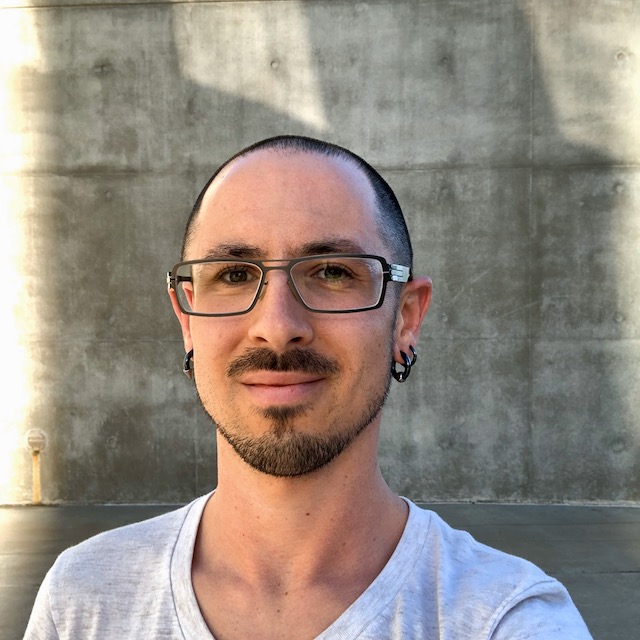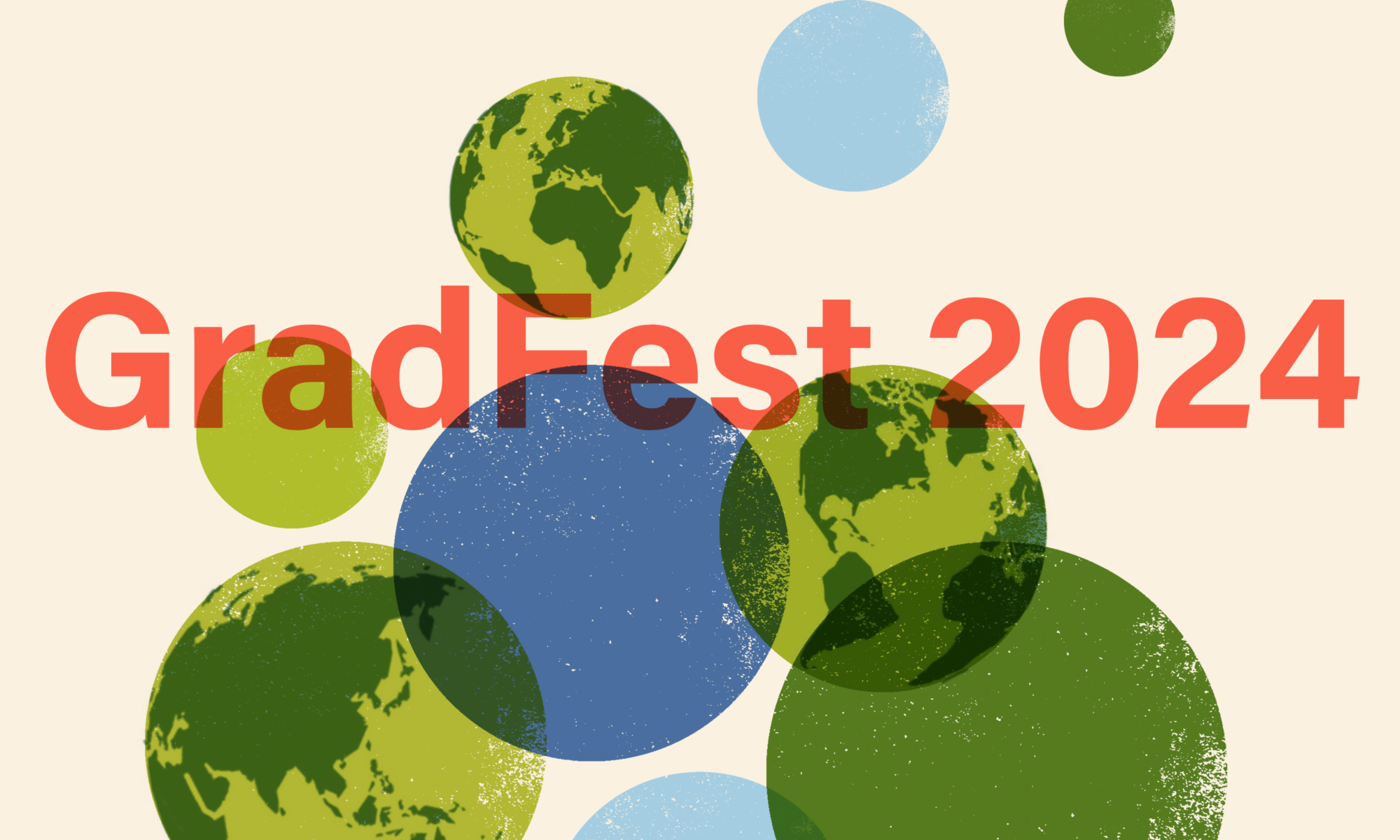
Feel free to contact Akos at akokai@berkeley.edu if you have questions or comments regarding the content here.
I’m delighted to introduce Akos Kokai for his finishing talk, “Knowledge Systems for Materials Sustainability’. Almost a decade ago, I first met Akos at a planning meeting for an interdisciplinary green chemistry course. He was then doing toxicology research at the Berkeley Center for Green Chemistry, with which he continues to be associated. I was surprised – and pleased – when Akos first approached me to see if he might work with me. Akos is an unusual social scientist because he is a chemist too. He got as far as passing his PhD qualifying exam in chemistry at Berkeley, before he started to rethink his life pathway, wanting to do something more in terms of making a socially beneficial impact. Since then, Akos has matured into an interdisciplinary researcher who crosses between the chemistry, social science, toxicology, policy, environmental health, information technology, and data science areas. He can also tell you about what it’s like to work at Apple, since he took a year off during his PhD to work in industry.
Akos has generated a brilliant and original dissertation that looks at the challenges of substituting toxic materials with safer materials. We live in environments that are permeated by chemicals that have hardly been tested for their effects on our collective health, in a context of pervasive industry secrecy and regulatory failure. So, how can we generate, assess, distribute, and use the information needed to switch to safer alternatives? This question drives his research. Akos has long been an ardent supporter of knowledge commons, or open-access institutions for making and sharing knowledge according to community norms. Not surprisingly, commons are at the core of his thesis. Of note, Akos helped create a knowledge commons called the Chemical Hazard Data Commons, which features extensively in his thesis. In his chapters, he looks at the broader landscape of chemical knowledge commons, the life of the CHDC, the values that are often hidden inside green design tools, and draws on my concept of materials sovereignty to analyze prospects for social movements in intervening in nanotechnology design. He won’t cover all these topics in his talk — just a selection. It’s been a real joy to watch Akos develop his research and writing talents in the past few years, to the point where he’s poised to contribute to rethinking how we approach chemicals. Please watch his talk for more!
– Alastair Iles, associate professor, department of ESPM
About Akos.
I research issues in science & technology for sustainability, focusing on materials and production systems. I’m interested in how scientific knowledge can be better mobilized to tackle socially complex environmental problems, and how technological change can be responsible and just. I work with Alastair Iles in the Society & Environment division of ESPM, and I also collaborate with environmental NGOs in the area of green chemistry.
Dissertation title:
Knowledge systems for material sustainability
View Akos’ finishing talk for GradFest 2020 below
Mapping the safer chemical substitution knowledge network
This is a partial and incomplete graph of knowledge resources for safer chemical substitution and how they’re connected. It’s meant to show that many interrelated resources support the practices of chemical hazard assessment and alternatives assessment, and that these resources build on each another.
Click a node or link to see details about it. Group and arrange the network in different ways. You can also see and learn about this graph in its original context.
Acknowledgements
I acknowledge the US National Science Foundation for supporting my research through an IGERT fellowship at the Berkeley Center for Green Chemistry.
